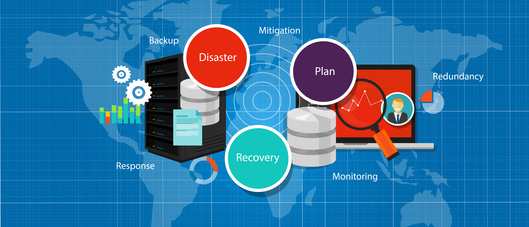
The 2016 Aon Global Risk Management Survey that polled CEOs, CFOs and risk managers ranked damage to brand and reputation as a top concern, displacing the financial and economic risks that have traditionally dominated this survey in the past. KPMG’s 2017 On the Board’s Agenda report also has crisis and reputation management listed as a priority and notes that crisis prevention and readiness have taken on an increased importance and urgency for boards and management teams.
Improving a brand’s image and protecting the reputation of the brand has long been considered a core PR function. However, the techniques and skills we used in the past are no longer sufficient in the digital age. A crisis can occur so much faster now and the information can spread like wildfire on social media. It is essential to be prepared and be ready to respond if and when a crisis occurs.
Any brand should expect at least one crisis during the course of its lifespan. If it’s a well-known brand the crisis will hit the mainstream media and get amplified by social media. This negative content will be indexed in Google News and make its way to the web search. Unless it is actively managed the content can stay there for years – witness Kyptonite Bike Lock’s 2008 crisis. A customer posted a video of how easy it is to unlock their bike locks with a Bic pen. That video is still on page one of a Google search for Kryptonite Bike lock. Every time a potential customer searches for their brand name they see this negative content.
Crisis Readiness Tips
- Create a plan long before you need it. Think of all the possible scenarios that could occur and plan for them.
- Set up a media and social media monitoring system so that you can catch any crisis as it starts.
- Put a content strategy in place so that if a crisis hits it will be harder for negative content to take over page one results in Google and easier to move any negative content off the page.
- Create and post the content needed to put that “wall” in place.
- Identify and build strong relationships with industry influencers, so that should a crisis occur you have allies who can counteract the spread of negative content.
- Have a “dark” newsroom ready to launch in case of a crisis.
- Be ready to be open and transparent and share as much information as you can. Do not attempt to cover up or deny something that is true or did in fact occur. In this digital era everything comes to light sooner or later.
- Establish who will respond to media inquiries and what your key messages will be.
- Have this team do crisis media training.
- Establish who will monitor and respond to social media comments.
If you do not have a crisis readiness plan in place, or you need some assistance with your reputation management strategy, call 888 243 3470 for a free 30-minute consultation.
Follow me on Twitter
Get the Digital PR Tips newsletter in your inbox each week.

